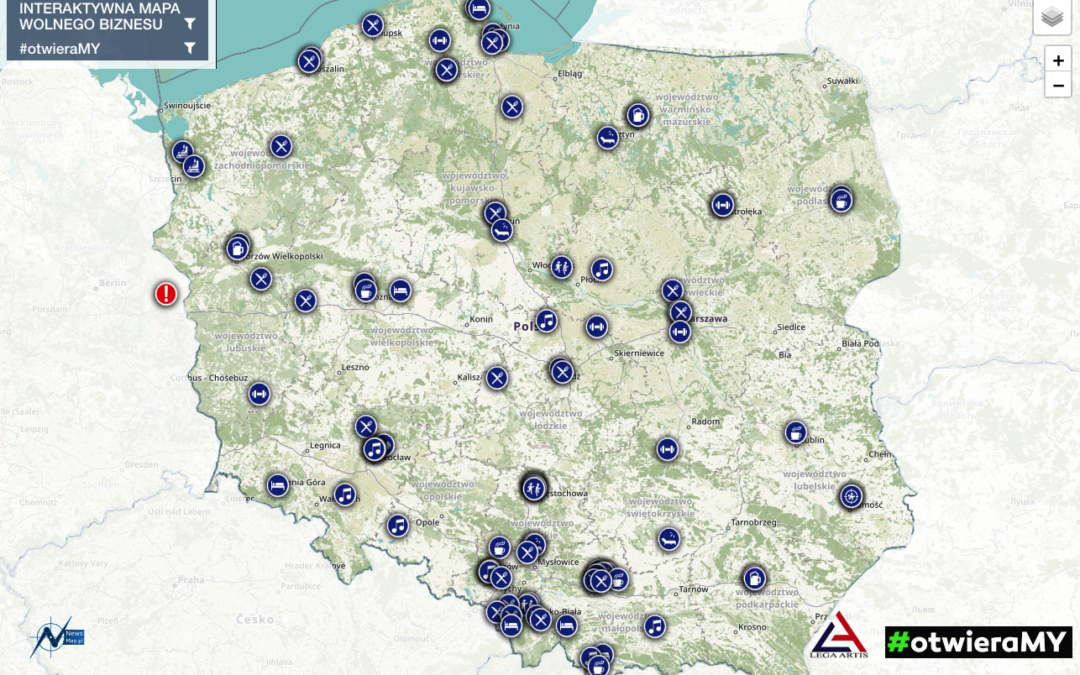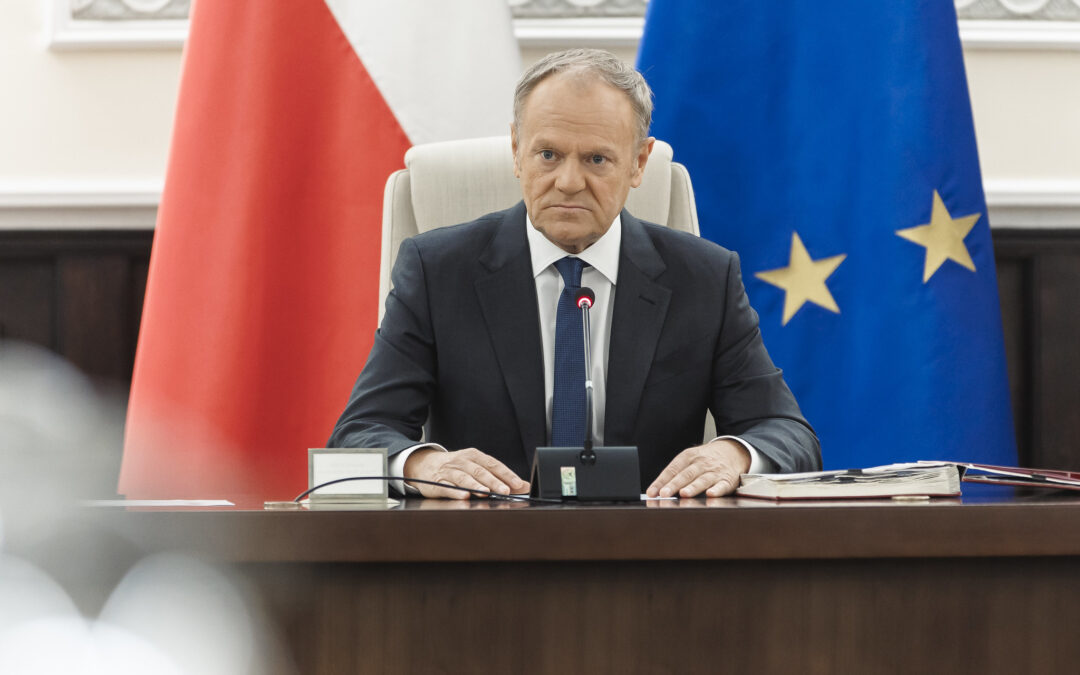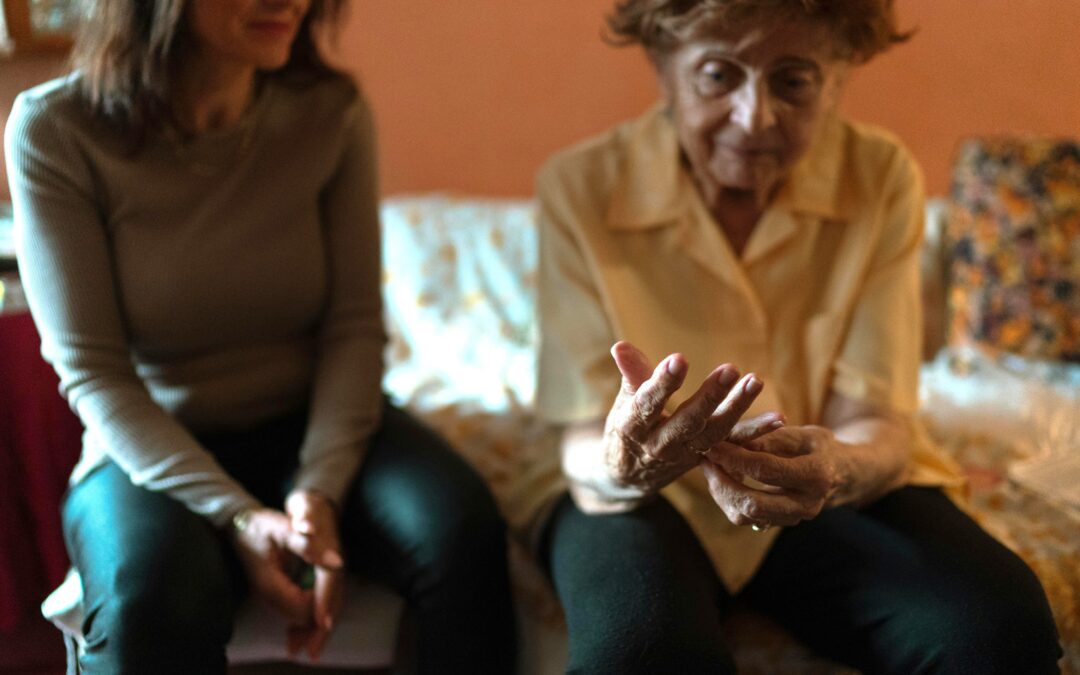A map has been launched by anti-lockdown activists showing the growing number of businesses in Poland that are reopening in violation of the government’s restrictions.
While a number of struggling businesses have taken to open defiance of rules – and some have successfully challenged them in court – others have also sought creative workarounds, including an ice rink that declared itself a flower shop and nightclubs posing as political party headquarters.
According to the current restrictions, hotels, restaurants and bars, shopping centres, as well as most sporting facilities and cultural venues have been ordered to stay closed until at least the end of this month.
Many struggling business owners have, however, begun protesting against the lockdown. Some argue that the rules are not only unjustly strict, but are also an illegal encroachment on constitutional freedoms because the government has not introduced a state of emergency that would justify them.
Their position has been bolstered by a court ruling in Opole, which found in favour of a hairdresser who had been fined 10,000 zloty (€2,200) for breaching the spring lockdown by cutting a customer’s hair.
The justification for the ruling – published last week – said that there is no constitutional basis to “prohibit conducting business activities”.
Subsequently, several other courts have overturned fines imposed by sanitary inspectors. As of this morning, the provincial administrative court in Warsaw had ruled in favour of businesses in 21 cases of fines, and not taken the side of the authorities in any instance.
Now, an “Interactive Map of Free Business” – launched on Thursday – shows more than 70 restaurants, hotels, gyms and ski slopes that have begun readmitting customers.
New businesses joining the movement are also announced via a Twitter profile, #otwieraMY (#WeAreOpening), which claims to be a “bottom-up initiative” promoting the reopening of businesses.
The authors of the map argue “no fine issued by the police or administrative penalty issued by sanitary authorities can be put into effect” and have called for “ending the economic lockdown,” reports Polsat News.
„Szwajcaria Bałtowska” – Ośrodek narciarski
Bałtów 8 A, Bałtów
Godziny otwarcia: 14:00 – 21:00
Telefon kontaktowy: 519 346 140
Facebook: https://t.co/4suZLL91mM#otwieraMY pic.twitter.com/XbBR2ETPem— #OtwieraMY (@otwieramy) January 15, 2021
Following the famous example last year of a gym that rebranded itself as a church in an effort to stay open, over recent weeks a number of businesses have creatively reimagined themselves in efforts to evade closure.
One widely publicised effort was an ice skating rink in Szczecin that declared itself to be a flower shop, saying that customers were welcome to “walk, crawl or skate” around its “warehouse” to pick flowers from one of four pots of roses plonked in the centre. It was, however, quickly forced to close by sanitary authorities and fined 30,000 zloty (€6,600).
Two nightclubs in Wrocław also reopened last weekend, claiming to be holding meetings that serve to “build structures” for a political party called “Business Owners’ Strike”.
Attendees – who had to pay for entry and then had access to a paid drinks bar and a dance floor – had to officially join the new party by filling out a form at the entry to the clubs.
The owner of an ice rink who kept it open by claiming it was a "flower warehouse" where people could pay to pick a flower has been fined 30,000 zloty (€6,600) for violating coronavirus restrictions and forced to close the facility https://t.co/O8Gy8q6roH
— Notes from Poland 🇵🇱 (@notesfrompoland) January 6, 2021
In December, 200 people attended an alcohol-fuelled party in Gdańsk which the organisers claimed was a “dance training session” in preparation for a contest to he held this summer. The police intervened, and have recommended fines for the organisers.
Many gyms have also been exploiting a loophole allowing athletes to prepare for competition by encouraging their members to sign-up to sports clubs, such as the Polish Tug-of-War Association, which comes for just a 20 zloty (€4.40) annual membership fee.
This week a politician, Jadwiga Emilewicz – who served as deputy prime minister until last October – has aroused controversy after her sons were caught taking part in a skiing trip, despite slopes being closed to the public.
Only after the media caught on to the story were the boys signed up to the Polish Ski Association (PZN), which gives them a licence that allows them to train as professionals.
[Treść PREMIUM] | Trzech synów byłej wicepremier Jadwigi Emilewicz wzięło udział w zgrupowaniu narciarskim jak zawodowi sportowcy, choć nie mieli licencji, które do tego uprawniają.
Tekst @g_lakomski w https://t.co/68fLeYd0pGhttps://t.co/1qdvdWegsc
— tvn24 (@tvn24) January 13, 2021
Meanwhile, a sausage bar in Łódź has allowed customers to dine in – despite restaurants only being allowed to offer takeaways – under the guise of offering classes in “properly” using cutlery with the help of “educational aids” on its menu.
In the most concerted action of this kind, Poles living in the mountainous south of the country are planning to reopen for business en masse on 18 January after facing a shortfall of tourists of 70% this winter season.
In response, Poland’s government has announced a support package worth 1 billion zloty (€221 million) for municipalities in the country’s southern mountains. The government has introduced a series of so-called “anti-crisis shields” to support businesses affected by lost revenue as a result of restrictions since the start of the pandemic.
Unofficial reports claim that the government, under pressure from businesses, is now considering loosening its lockdown rules for hotels and shopping, although restaurants are likely to function only as takeaways for longer, according to RMF FM.
Main image credit: Interactive Map of Free Business (as of 15 January)

Maria Wilczek is deputy editor of Notes from Poland. She is a regular writer for The Times, The Economist and Al Jazeera English, and has also featured in Foreign Policy, Politico Europe, The Spectator and Gazeta Wyborcza.




















